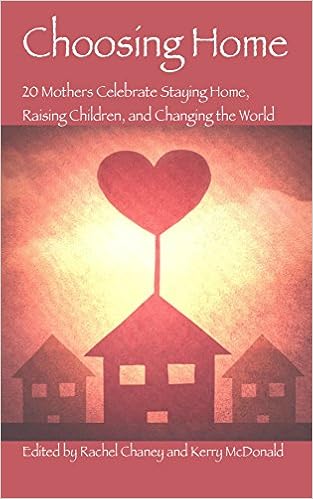Somewhere in the recesses of my public schooling memory I recall reading Harper Lee's Pulitzer Prize-winning novel, To Kill A Mockingbird. It was eighth grade, maybe ninth. I'm not really sure. And to say that I "read" it is a bit misleading. Because by that time in my tenure of government schooling, "reading" had been reduced to months-long, paragraph-by-paragraph, tedious dissections of classic works that should never have been bastardized as such. After all, if one were to design a technique to systematically destroy the innate love of learning and reading that humans naturally possess, one would begin early to tell children what to read and what not to, make it painfully boring, monotonous, and irrelevant, and require reading in pre-determined segments, cut off from the whole, with dire warnings of what might happen should you commit the cardinal sin of reading ahead.
I remember nothing about To Kill A Mockingbird, despite the fact that I'm entirely certain I got an A in that English class, whichever year it was. My husband, Brian, didn't remember it either. Now that he has fully left Corporate America behind to unschool and "unjob" with us, he's on a mission to read or re-read as many classic books as possible. He went to the library this week to get a copy of To Kill A Mockingbird, and he couldn't put it down. He kept calling for me to listen to this or that passage, all articulately excoriating government schooling in Scout's charming, compelling way.
I'm sure at the time I read the book, I took these frequent passages criticizing schooling as confirmation that no one likes school. That is, if I even noticed the references at all, so focused as I was on regurgitating whatever it was the teacher wanted me to regurgitate to get the A. Reading, learning, was beside the point. Perhaps even a liability.
"Miss Caroline told me to tell my father not to teach me any more, it would interfere with my reading.
'Teach me?' I said in surprise. 'He hasn't taught me anything, Miss Caroline. Atticus ain't got time to teach me anything,' I added when Miss Caroline smiled and shook her head. 'Why, he's so tired at night he just sits in the living room and reads.'
'If he didn't teach you, who did?' Miss Caroline asked good-naturedly. 'Somebody did. You weren't born reading The Mobile Register... Now you tell your father not to teach you any more. It's best to begin reading with a fresh mind. You tell him I'll take over from here and try to undo the damage.'" (pp. 23-4).
The other day, my seven year old son asked what "flunked" means, and later what a "hall pass" was. He was reading a book with references to this school-only jargon. "You mean, kids can't go to the bathroom without a pass?" he asked, utterly baffled.
Maybe it's through the tedium of compulsory schooling, through the dulling of mind and spirit, that we begin to blindly accept these schooled actions and outcomes as "normal." After all, we tell ourselves, this is just the way it is. Yes, you need a hall pass. Yes, you have to "read" To Kill A Mockingbird. Otherwise, you will flunk. This is school. This is what Horace Mann envisioned when he created a compulsory schooling model that aimed to destroy individuality and creativity in the name of obedience and conformity. A century-and-a-half later, here we are.
For many of us, adulthood is when we break free of the spell. This is the time, if we're lucky, that we may rekindle our innate love of learning, of reading. It's the time we reclaim our natural curiosity and drive to know and do. It's the time we question what "normal" really is, and challenge antiquated assumptions.
It's the time we decide that our children deserve much better.
























It's funny you should quote TKAM because I recently decided to reread the book as well and was amazed at the critique of government schooling! I laughed and read aloud to my husband the very passages you quoted. I also was forced to read the book in high school and didn't remember anything at all about the book, despite getting an A.
ReplyDeleteI am happily unschooling myself along with my kids now, rediscovering my love of math and science. It's wonderful that I can feel my love of learning returning after so many years of school, and I see myself learning in much the same ways my kids do - in great gulps of interesting subjects, not little dribbles of each topic for 30 minutes at a time.